2024 CEnR Summit: Day One
Thursday, April 11
6:00 - 8:00 PM
Virtual event
View the Summit program here.
Panel Discussion: A Career as a Community Health Worker: Starting Out & Staying In
This panel discussion is in being hosted in partnership with Wayne State University's Community Health Worker Academy and the Southeastern Michigan Health Association.
Panelists:
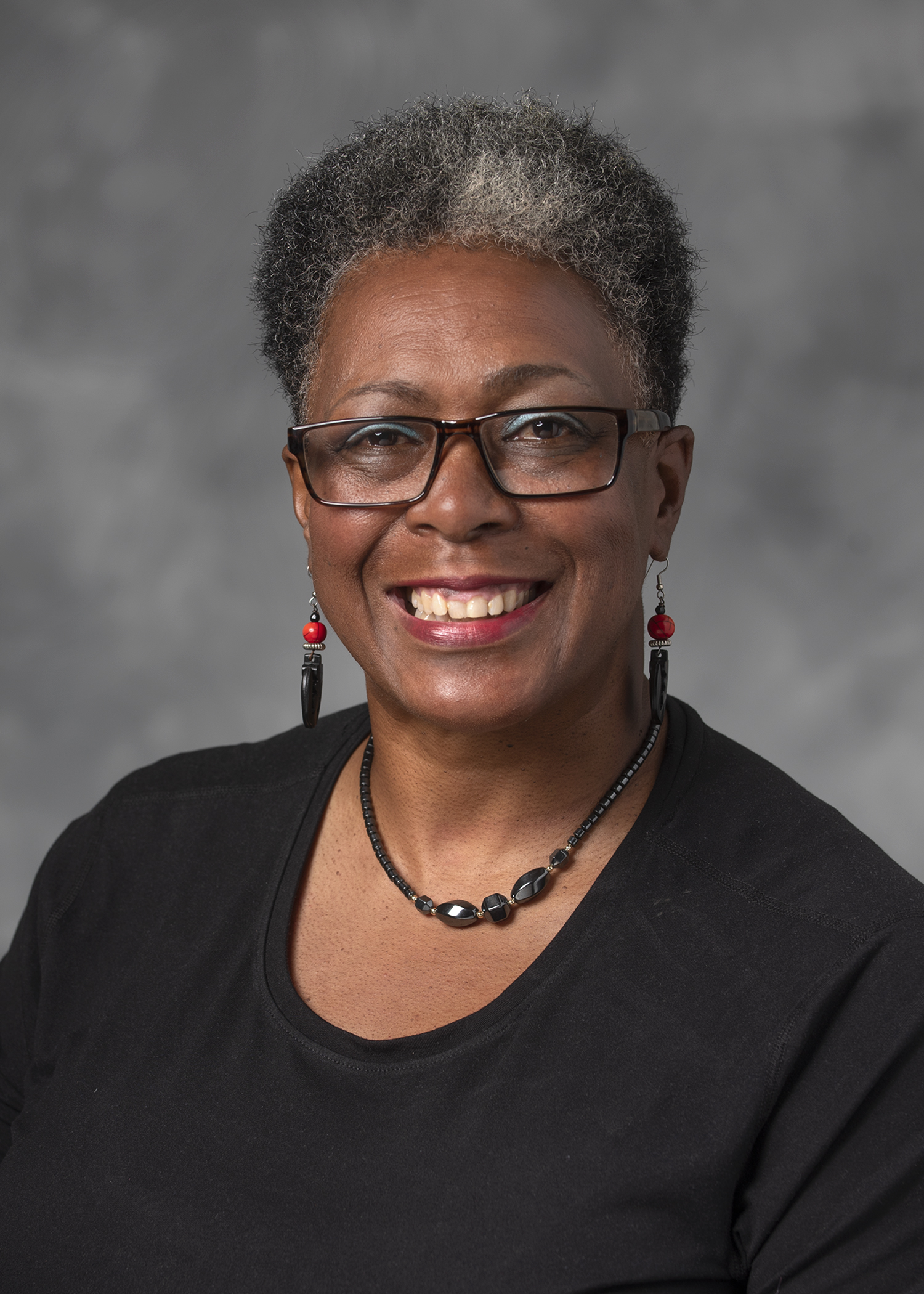 Philesha Marie Frances Gough, a native of Mt. Clemens exudes powerful and extensive community activism, formed by a rich four-generational family background and diverse employment background ranging from manufacturing, community arts programing, alternative education, and her current niche, health care. Since 2008, after completing the Henry Ford Health Macomb Faith Community Nursing/Health Ministry Prep Course and earning Community Health Worker certification, Philesha has volunteered and served her congregation and community as an Elder and Spiritual Care/Health Ministry Leader. She is currently employed as a Senior C.A.R.E. Navigator with Henry Ford Health Patient Care Experience.
Philesha Marie Frances Gough, a native of Mt. Clemens exudes powerful and extensive community activism, formed by a rich four-generational family background and diverse employment background ranging from manufacturing, community arts programing, alternative education, and her current niche, health care. Since 2008, after completing the Henry Ford Health Macomb Faith Community Nursing/Health Ministry Prep Course and earning Community Health Worker certification, Philesha has volunteered and served her congregation and community as an Elder and Spiritual Care/Health Ministry Leader. She is currently employed as a Senior C.A.R.E. Navigator with Henry Ford Health Patient Care Experience.
Other roles that have informed and supported her current successes in community care and advocacy include patient advocate, CDC’s Diabetes Prevention, lifestyle coach, Advance Care Facilitator/Consultant, Community Health Worker, Knock and Check Project (to reduce loneliness and isolation among Detroit older adult population), and STEPS (Seniors using Technology to Engage in Pain Self- management).
Philesha has also served as co-facilitator with Macomb County Senior Services and Agency on Aging 1b community health classes with topics such fall prevention, chronic pain management, and mastering aging. For self-care, she mediates on God’s word, engages in lifelong learning, enjoys flower gardening, the wonders of nature, physical activity, listening to music, arts and crafts, world travel and fellowshipping with friends and family.
Philesha holds a M.S . Instructional Technology , Georgia State University; B.S. Industrial Technology ( Manufacturing ), North Carolina A&T State University.
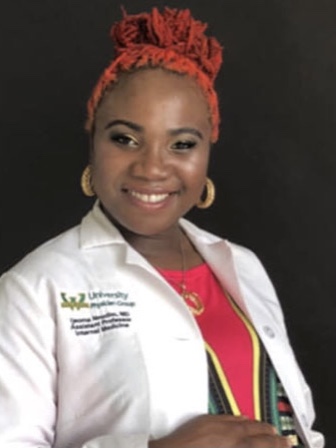 Ijeoma Nnodim Opara, MD, received her medical degree from Wayne State University School of Medicine (WSUSOM) and is a graduate of Detroit Medical Center (DMC)/WSUSOM Internal Medicine-Pediatrics combined residency program, after which she served as Chief Medical Resident. Currently, she is a double-board certified Assistant Professor of Internal Medicine and Pediatrics at WSUSOM, Associate Program Director of the Internal Medicine-Pediatrics residency, and attending physician with Wayne State University Physician Group.
Ijeoma Nnodim Opara, MD, received her medical degree from Wayne State University School of Medicine (WSUSOM) and is a graduate of Detroit Medical Center (DMC)/WSUSOM Internal Medicine-Pediatrics combined residency program, after which she served as Chief Medical Resident. Currently, she is a double-board certified Assistant Professor of Internal Medicine and Pediatrics at WSUSOM, Associate Program Director of the Internal Medicine-Pediatrics residency, and attending physician with Wayne State University Physician Group.
She is the founding director of an innovative initiative and curriculum “Health Equity and Justice in Medicine” for internal medicine, internal medicine-pediatrics, and pediatrics residents which combines critical reflection, community engagement, scholarship, and advocacy to address social and structural determinants of health and health disparities. She is Chair of the SEMCME committee on social determinants of health education and the Detroit Medical Center Graduate Medical Education Center for Quality Improvement, social determinant of health section.
She is also co-founding director of Wayne State University Global Health Alliance, a multidisciplinary organization created to unify university and regional global health practitioners and create a collaborative community of best practice in global and urban health. She co-created and co-directs the Global Urban Health & Equity curriculum (GLUE), an innovative interprofessional comprehensive certificate and competency-based global health curriculum. She provides clinical care to a chiefly underserved population, supervises resident clinics, and teaches inpatient and ambulatory medicine. Certified in Clinical Teaching by the Stanford Clinical Teaching Program and an inaugural fellow of the Academic Leadership Academy of Wayne State University, she is passionate about medical education, mentoring a number of residents and medical students in wellness, work-life integration, academic, and career development. Her areas of academic interests are in health equity, justice, social and structural determinants of health, global health, and interprofessional education.
A lead investigator in multiple interdisciplinary multi-center local and international research projects, she focuses on understanding how resilience can be leveraged as an asset to improve community health outcomes and convergence implementation science in effective professional development in structural and social determinants of health, health equity, and social justice of health professional trainees. A certified facilitator in cultural competency (cultural humility and microaggressions) and certified in Global Leadership by the American College of Academic International Medicine, she imbues every endeavor with her philosophy of ethical, culturally humble, patient-centered, evidence-based, high value, compassionate care and prioritizes attention to social determinants of health, disparities, and equity as part of a comprehensive approach to patients.
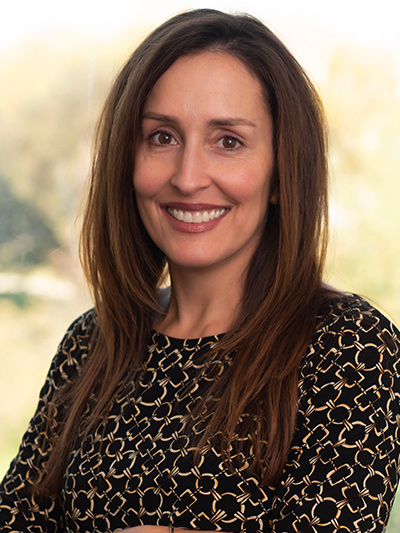 Cheryl Somers, PhD, is a Professor at Wayne State University. She started at WSU in 1998 and was at Eastern Illinois University for 2 years before that. Her academic and clinical expertise is in school psychology and counseling psychology and she has trained school and counseling psychologists her whole career, advising extensively at both the master’s and doctoral levels.
Cheryl Somers, PhD, is a Professor at Wayne State University. She started at WSU in 1998 and was at Eastern Illinois University for 2 years before that. Her academic and clinical expertise is in school psychology and counseling psychology and she has trained school and counseling psychologists her whole career, advising extensively at both the master’s and doctoral levels.
Her research and community outreach work is conducted within the Center for Health and Community Impact (CHCI), also at Wayne State. Her research has long been collaborative and interdisciplinary, focused on contextual (e.g., family, peer, school, media, other) predictors of social and emotional development, academic achievement, and physical and sexual health, including interventions for reducing or avoiding unhealthy risk behaviors and improving health and wellness outcomes, with an emphasis on vulnerable youth, including those of low income and economic marginalization (LIEM) backgrounds. Health and wellness equity is of central focus, as is understanding social and structural determinants of health and wellness inequities. Dr. Somers has a strong emphasis on collaborative and interdisciplinary research with others, through which varying lenses and vantage points contribute to rich perspectives on human developmental research. Her studies primarily involve basic inferential research as well as evaluation of interventions, with some qualitative methodologies employed as well.
Her newest research direction involves training of Community Health Workers (CHWs) as a mechanism for service delivery in the physical, medical, social, and mental health and wellness domains, and examining efficacy of training and practice of CHWs in partnership with a large interdisciplinary team of research scholars and community agencies. This work is focused on understanding and targeting the complex social determinants of health in underserved and marginalized communities. See https://education.wayne.edu/community-health-worker-academy
Dr. Somers is also heavily involved in state and national service. At the state level, she is part of the Michigan Association of School Psychologists (MASP) Board as the Professional Standards Chair, and is also involved in many initiatives taken on by the Board. At the national level, she is a long time program reviewer for the National Association of School Psychologists (NASP) Program Approval Board.
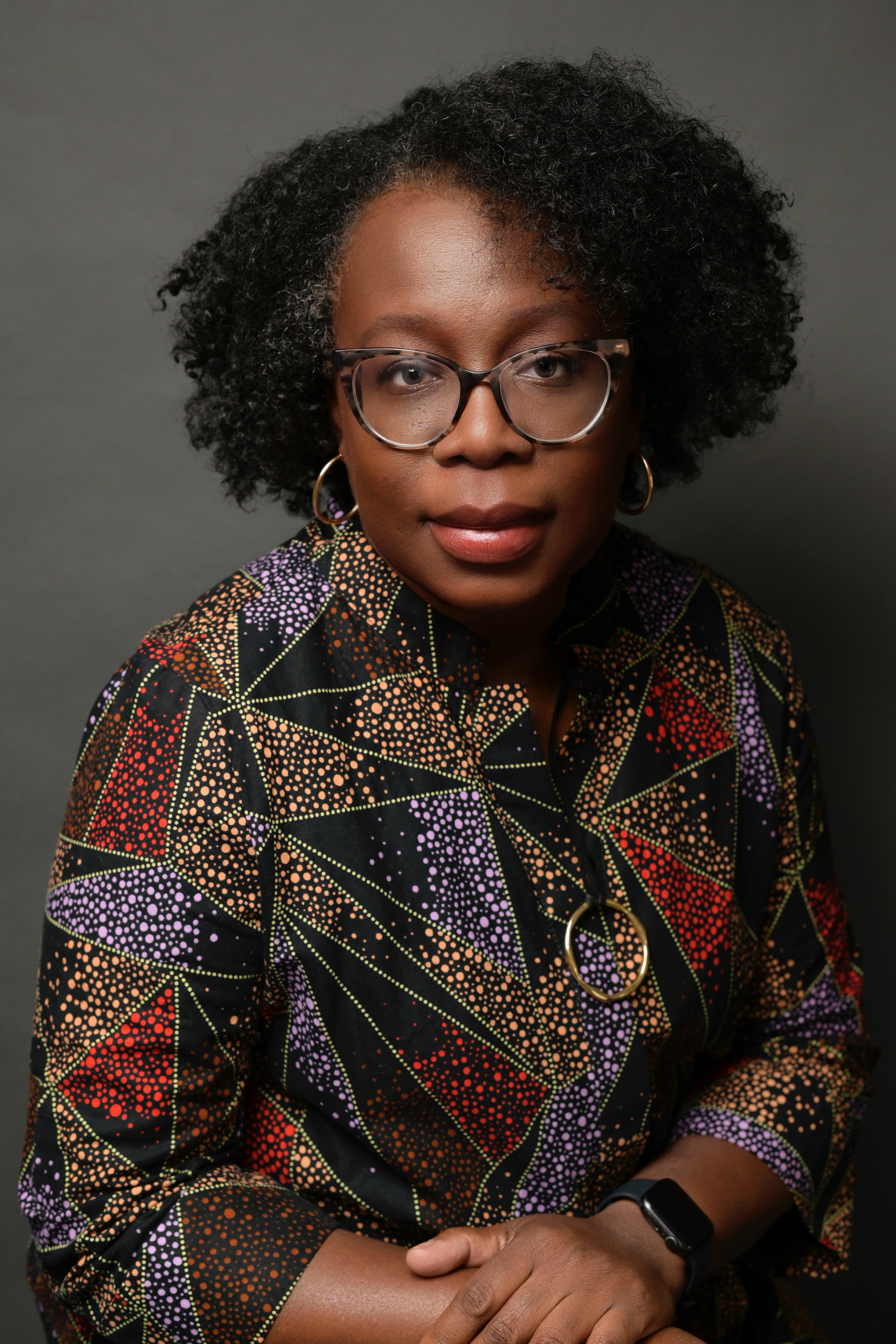 Hayley S. Thompson, PhD, is a professor in the Department of Oncology at Wayne State University and the Associate Center Director for Community Outreach and Engagement at the Karmanos Cancer Institute (KCI), an NCI-designated comprehensive cancer center. In this role, she established KCI’s Office of Cancer Health Equity and Community Engagement (OCHECE) and serves as its faculty supervisor. She is also founding director of the emerging Wayne State University Center for Health Equity and Community Knowledge in Urban Populations (CHECK-UP).
Hayley S. Thompson, PhD, is a professor in the Department of Oncology at Wayne State University and the Associate Center Director for Community Outreach and Engagement at the Karmanos Cancer Institute (KCI), an NCI-designated comprehensive cancer center. In this role, she established KCI’s Office of Cancer Health Equity and Community Engagement (OCHECE) and serves as its faculty supervisor. She is also founding director of the emerging Wayne State University Center for Health Equity and Community Knowledge in Urban Populations (CHECK-UP).
She is a clinical psychologist whose research addresses racial and ethnic disparities in cancer care and outcomes. Her primary focus is community-based intervention research, including investigations of cancer survivorship. She has received funding from the National Cancer Institute, the American Cancer Society, the National Heart, Lung, and Blood Institute, the Agency for Healthcare Research and Quality, the Patient-Centered Outcomes and Research Institute, and other agencies and foundations. She is currently a co-principal investigator on the NCI-funded African American Resilience in Surviving Cancer (ARISE) Study. Her research also addresses sociocultural assessment in diverse populations. She led the development of the Group-Based Medical Mistrust Scale (GBMMS), widely used in health disparities research, administered in over 100 published, peer-reviewed studies.
She currently directs Michigan Cancer HealthLink, a community-academic partnership to build research capacity in diverse communities within Karmanos Cancer Institute’s 46-county catchment area with 150 community members involved in contributing to Karmanos’ research agenda. She is also Director of the Community Health Scholars Program within CHECK-UP, designed to support metro Detroit residents in building and applying research skills.
Moderator:
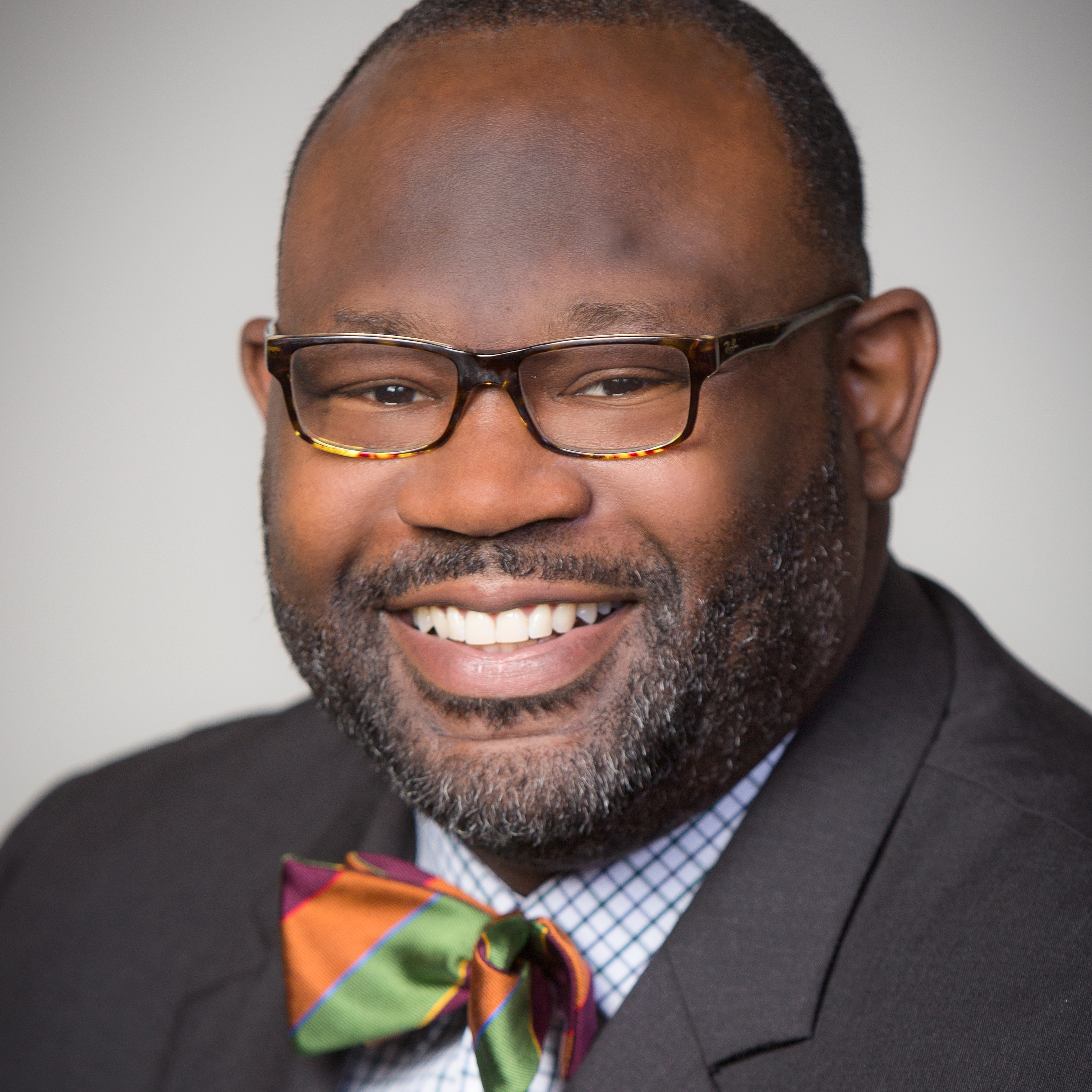 Arthur Hampton, MEd, is an experienced diversity, equity, and inclusion professional beginning in higher education. Leading to his social impact work with the Stand Together Foundation and the Social Determinants of Health Institute. Arthur serves as the Director of Health Equity to help lead collective impact projects through exploring activities that reduce health inequities and exploring strategic partnerships to increase visibility of and locate resources for vulnerable populations. Arthur is passionate about bringing resources to the those in need and building relationships that catalyze change and community transformation.
Arthur Hampton, MEd, is an experienced diversity, equity, and inclusion professional beginning in higher education. Leading to his social impact work with the Stand Together Foundation and the Social Determinants of Health Institute. Arthur serves as the Director of Health Equity to help lead collective impact projects through exploring activities that reduce health inequities and exploring strategic partnerships to increase visibility of and locate resources for vulnerable populations. Arthur is passionate about bringing resources to the those in need and building relationships that catalyze change and community transformation.
Agenda:
| 6:00 - 6:30 PM | Virtual Networking |
| 6:30 - 6:35 PM | Welcome |
| 6:35 - 7:40 PM | Panel Discussion |
| 7:40 - 7:55 PM | Question & Answer |
| 7:55 - 8:00 PM | Wrap-Up & Evaluation |
| 8:00 PM | END |